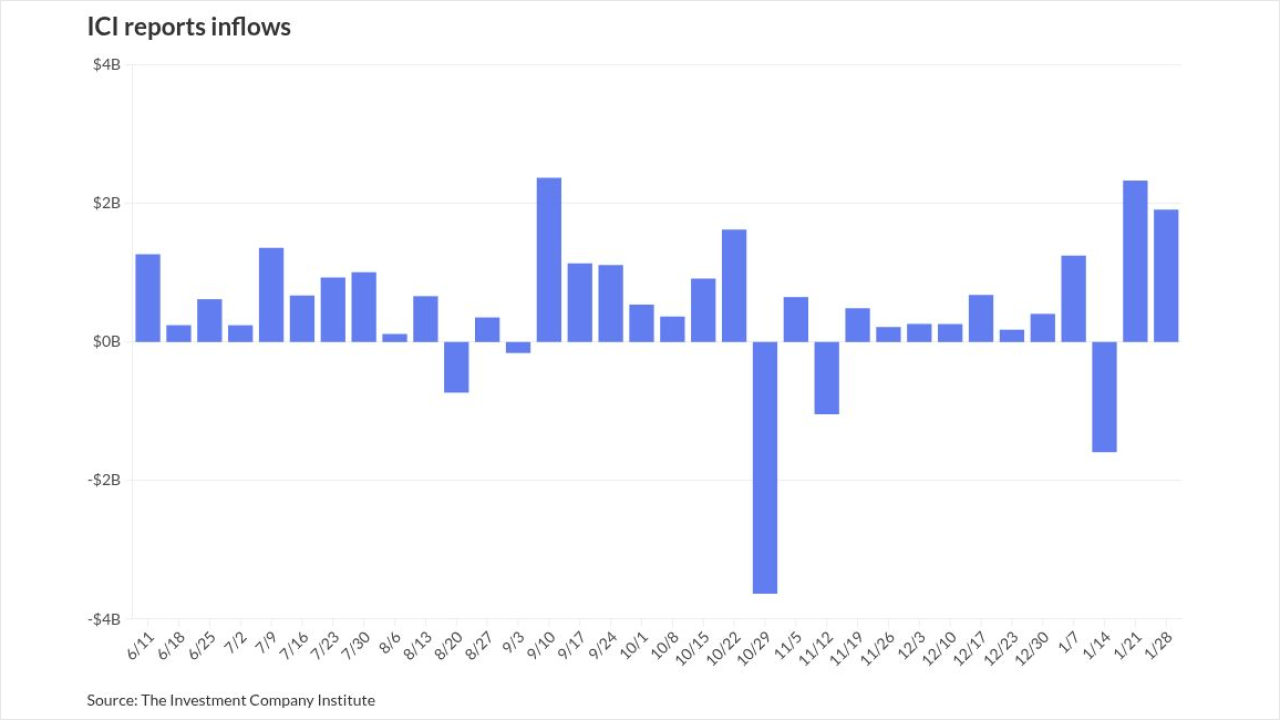Detroit's general obligation bond ratings stand one notch away from a return to investment grade status after an upgrade from S&P Global Ratings that rewarded the city for steady fiscal momentum since exiting bankruptcy in 2014.
S&P signaled the next lift needed to shed junk status is within reach — in the next one to two years — by assigning a positive outlook to the BB-plus rating.
Moody's Investors Service
"The rating action reflects our view of Detroit's ongoing efforts toward building financial resiliency, evident in another year of positive financial results and improvements to reserves and liquidity, as well as its commitment to robust financial planning and budgetary management," said S&P analyst Randy Layman. "The rating action also reflects our view of Detroit's strong revenue growth and enormous federal stimulus allocation, supporting its extensive capital needs."

In tandem with the GO upgrade, S&P raised to BBB from BBB-minus the city's financial recovery income tax revenue and refunding local project bonds issues through the Michigan Financial Authority's Local Government Loan Program that hold a first lien on income taxes and the city's public lighting authority debt also issued through the MFA and secured by the city's utility user tax.
"The back-to-back ratings upgrade from Moody's and now S&P reflect the overall success of the financial and economic strategies the city has employed," Jay Rising, the city's chief financial officer, said in a statement.
The city has about $2.9 billion of total debt including $1.6 billion of GOs.
Fiscal uncertainties weigh on the rating as the city remains at risk should its economic and tax base growth slow and cost pressures rise, which would stunt the city's ability to balance its budgets and continue building reserves. More than 50% of revenue comes from income and gambling taxes, which are economically sensitive and could be impacted by long-term remote work trends. It's also reliant on cyclical industries, like auto manufacturing and the mortgage industry.
Higher pension costs that arise from negative investment returns also pose pressure as the city resumes legacy pension contributions after a 10-year payment holiday that was part its bankruptcy plan of adjustment.
But S&P offered an upbeat assessment of both the city's turnaround and ability to manage difficulties.
"Ten years on from its bankruptcy filing, Detroit's financial position and economic condition are the strongest they've been in decades," S&P said. "Liquidity and reserves are at record levels, the debt burden is manageable, population decline is flattening, the stock of blighted and vacant properties is down considerably thanks to extensive city-managed programs, assessed property values have increased in five consecutive years, and taxable wages continue to grow."
While the plan of adjustment and pension "grand bargain" laid the groundwork, S&P noted the "concerted management action and institutional support to not only recover from bankruptcy, but to revitalize Detroit's economy and finances, enabled the city to capitalize on its situation."
Pensions still loom large. "Detroit continues to exhibit signs of structural imbalance. This determination largely stems from our view of actuarially based pension contributions beginning in fiscal 2024 that will require material support from accumulated reserves," S&P wrote.
Resumption of contribution to the city's pension funds has long loomed large over the city's budget and
The city's fiscal 2024 budget makes the $130.2 million pension payment by drawing $57.2 million from the RPF, so the general fund impact is limited to a $73 million increase.
The city's two pension plans were frozen in bankruptcy and replaced for new hires with hybrid plans that combine elements of both defined benefit and defined contribution plans. The city's general retirement system carries $909 million of unfunded liabilities and is 62.7% funded while the police and fire fund carries an $820 million unfunded tab and is 74.9% funded.
The city is fighting in court with the police and fire fund, which threw a wrench in the planning when it approved moving to a 20-year amortization schedule from the existing 30 years, driving up the annual payment. If the move is upheld and the general pension fund takes similar action that would add another $11 million in annual costs.
Duggan argued the city can't afford the change and it's not permitted under the exit plan. Last August the city asked the
Duggan's
The budget marks Detroit's 10th balanced spending plan and if the city stays on track with its four-year financial plan that runs through fiscal 2027 it would fully exit state Financial Review Commission oversight.
Active oversight ended in 2017 after the city met balanced budget and other targets, but the review commission remains in place for a decade after that. The council recently approved the budget and the city will seek to waive state oversight for a sixth year from the commission later this spring.
The city last sold debt in 2021 when it tapped $175 million of $250 million of voter-approved bonding authorization for blight removal in a financing that did not carry any state enhancements. The city has $75 million of remaining authorization but has not yet decided when to use it.





